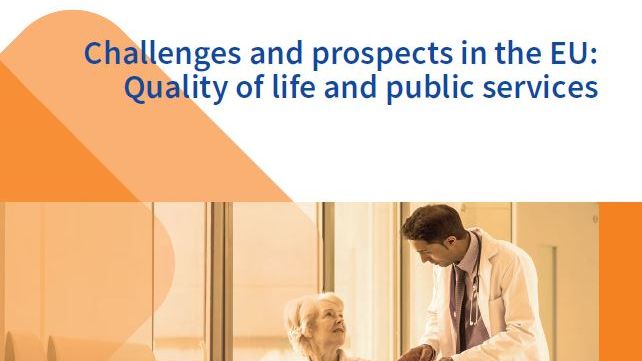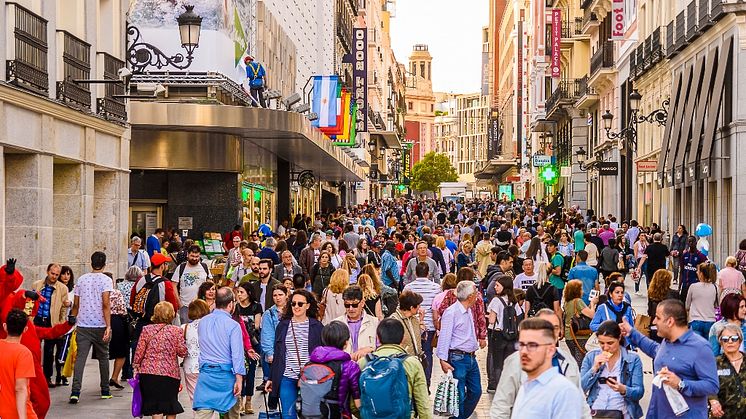Where are all the good jobs?
Economic disparities have been decreasing between EU member states over the past decade, but at the same time inequality has been growing within member states. Despite national level convergence, the gap in wealth and income between the rich and the poor is growing in most of Europe.




















